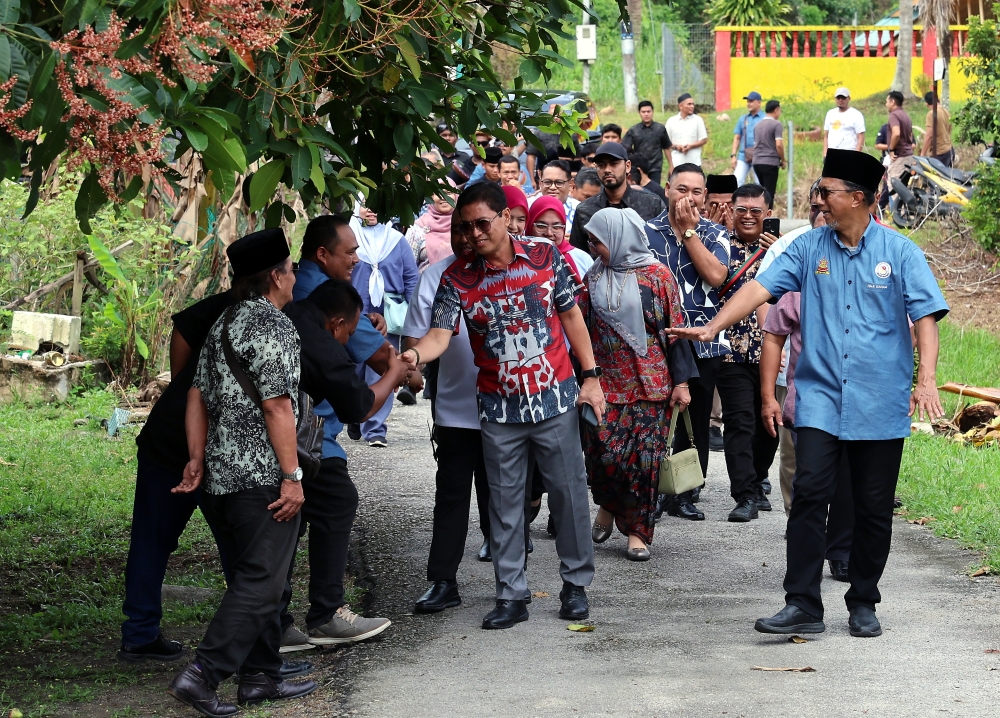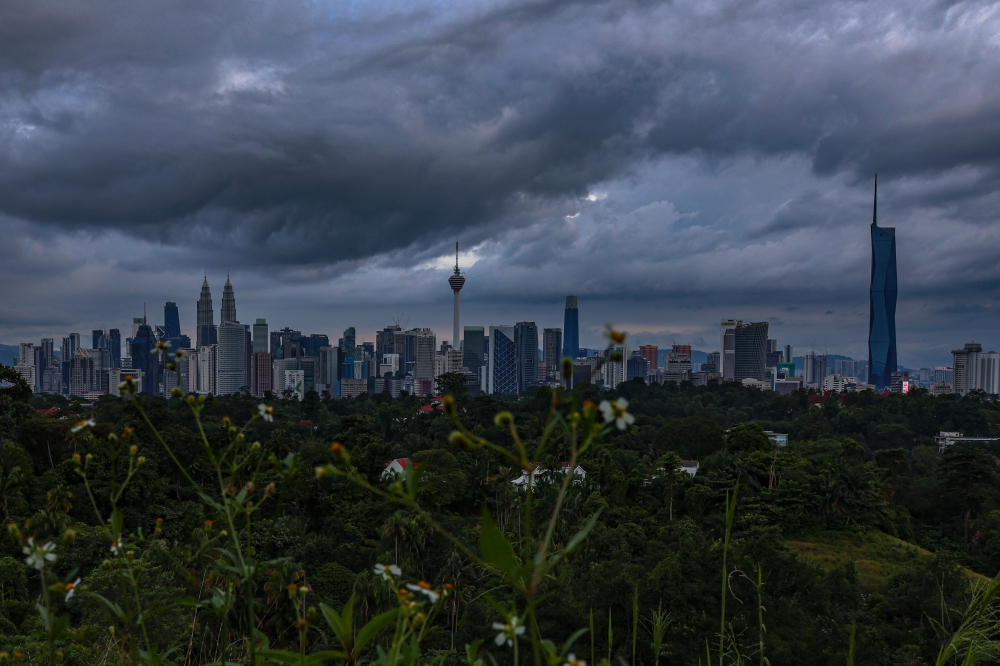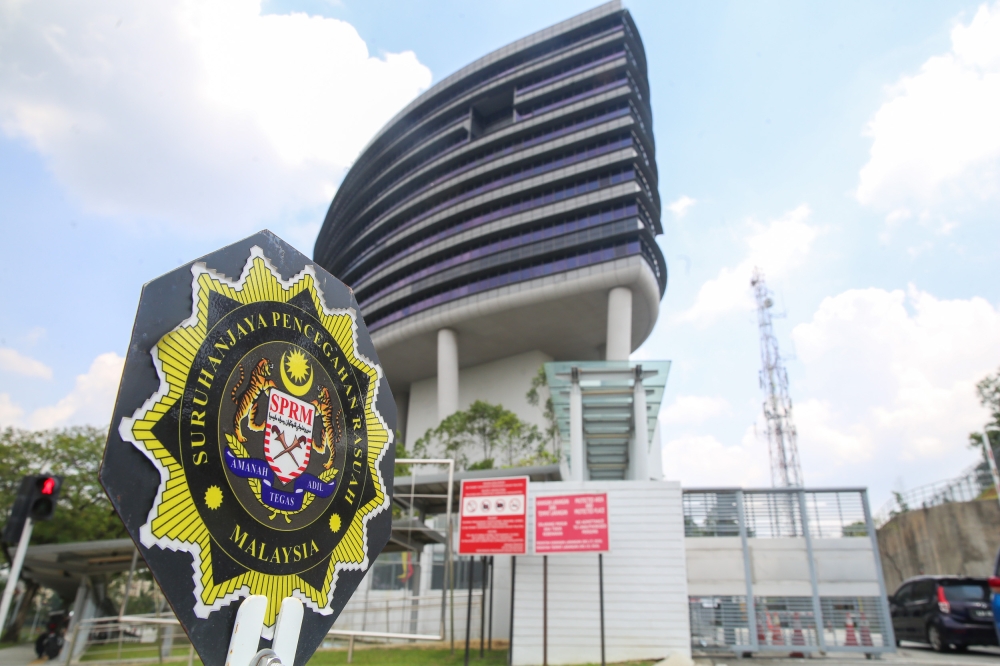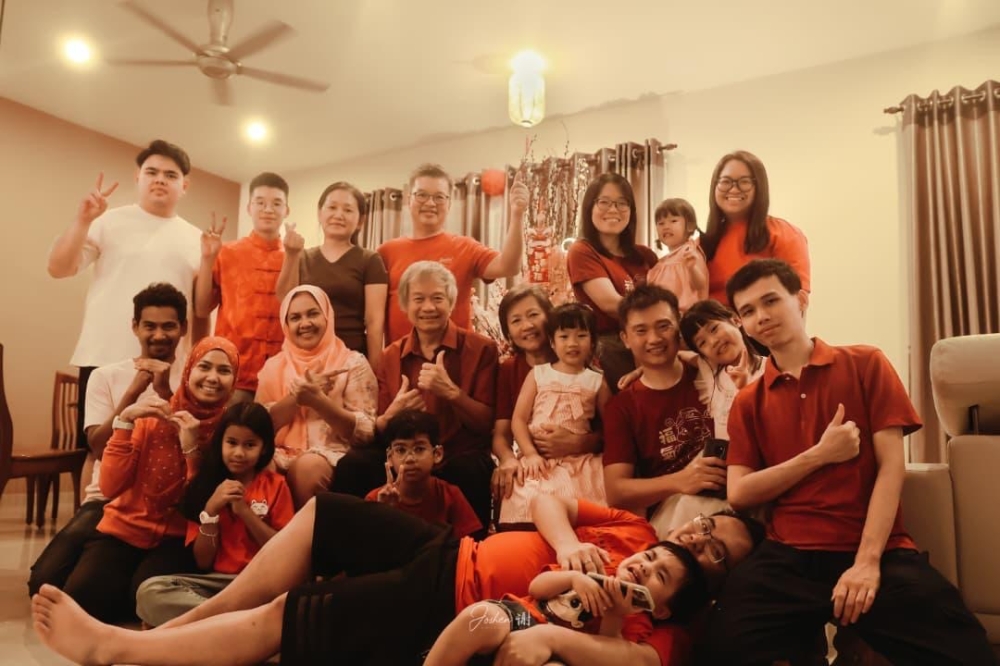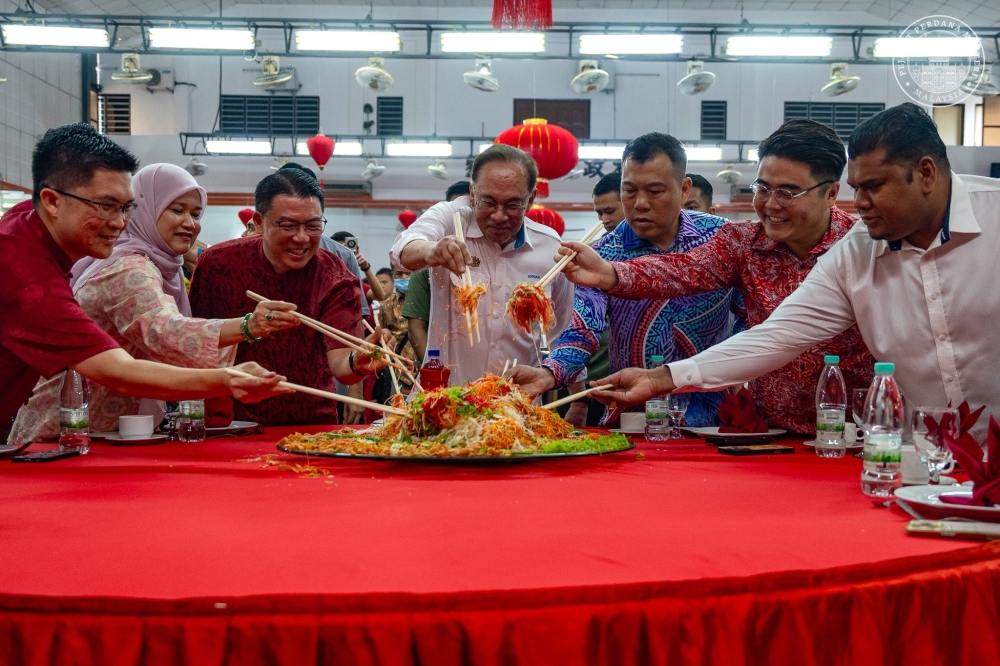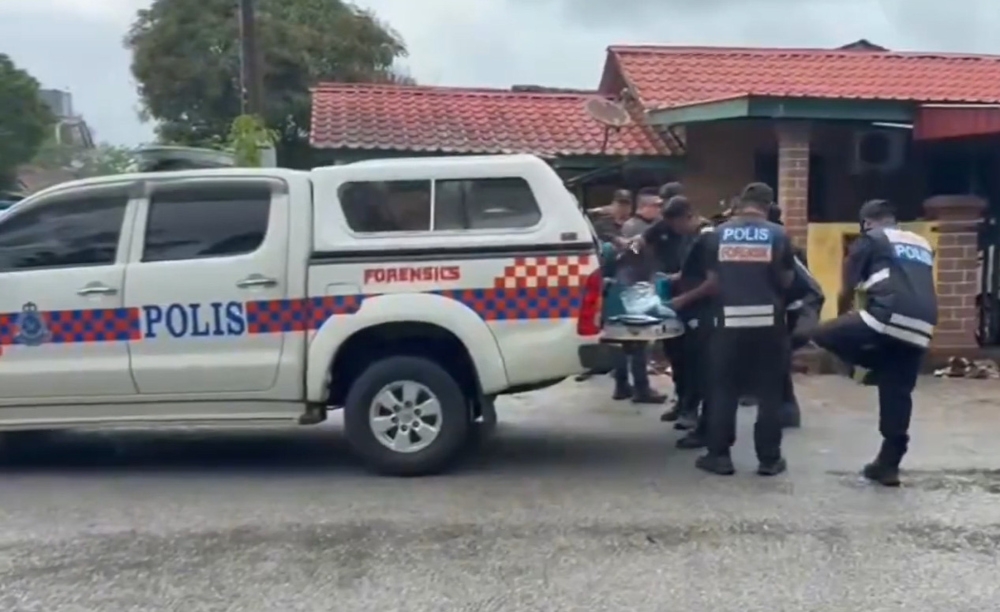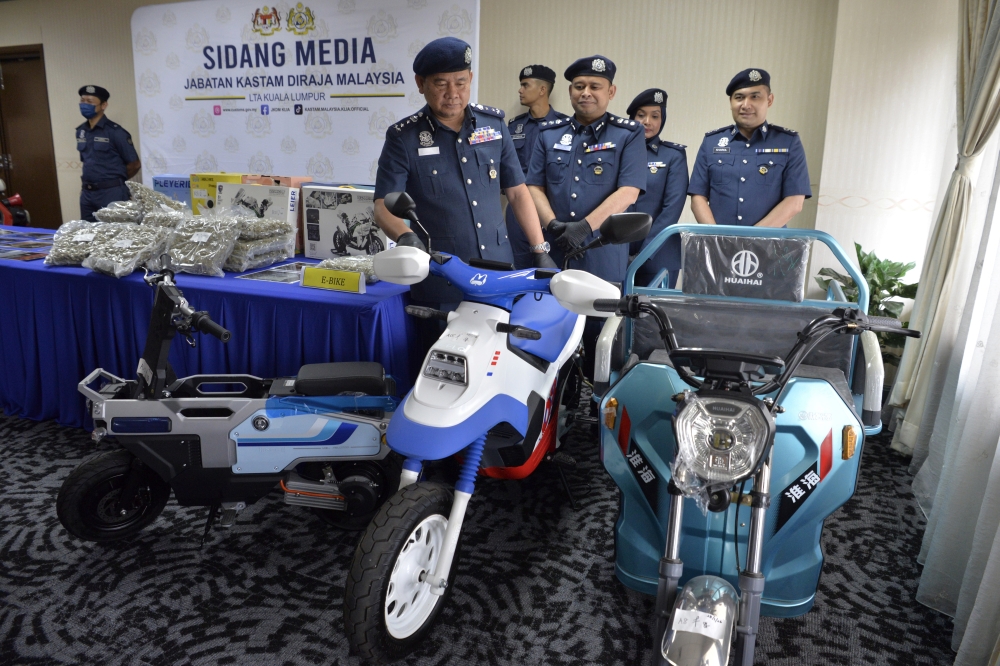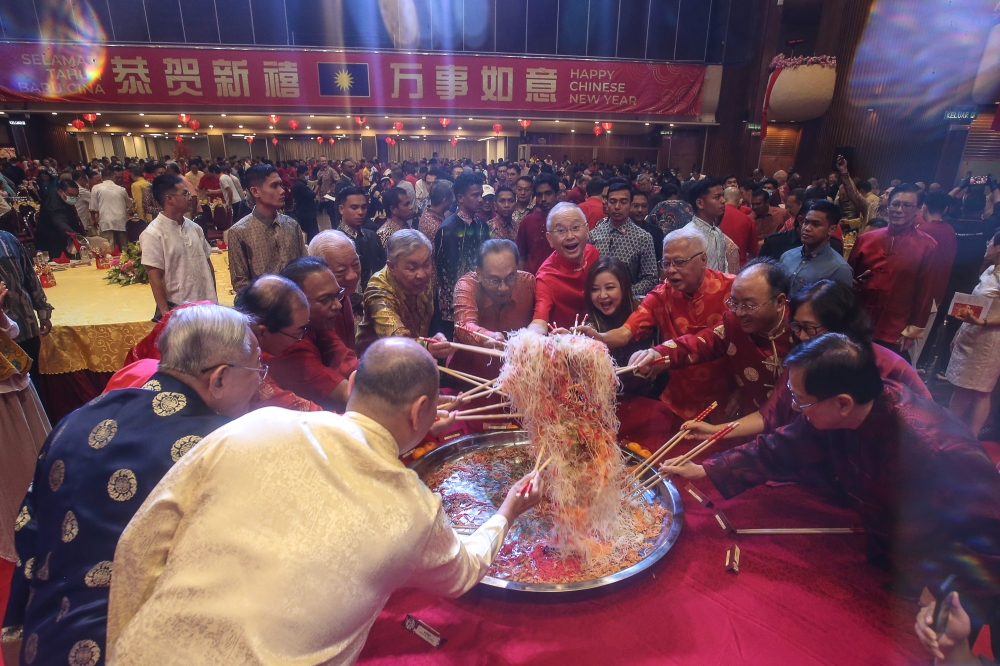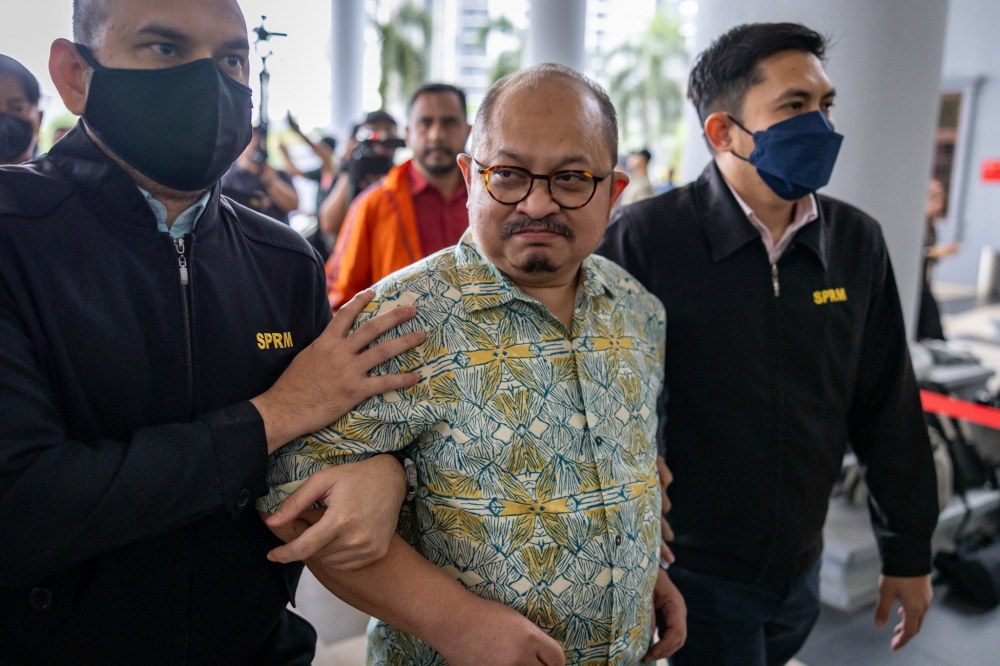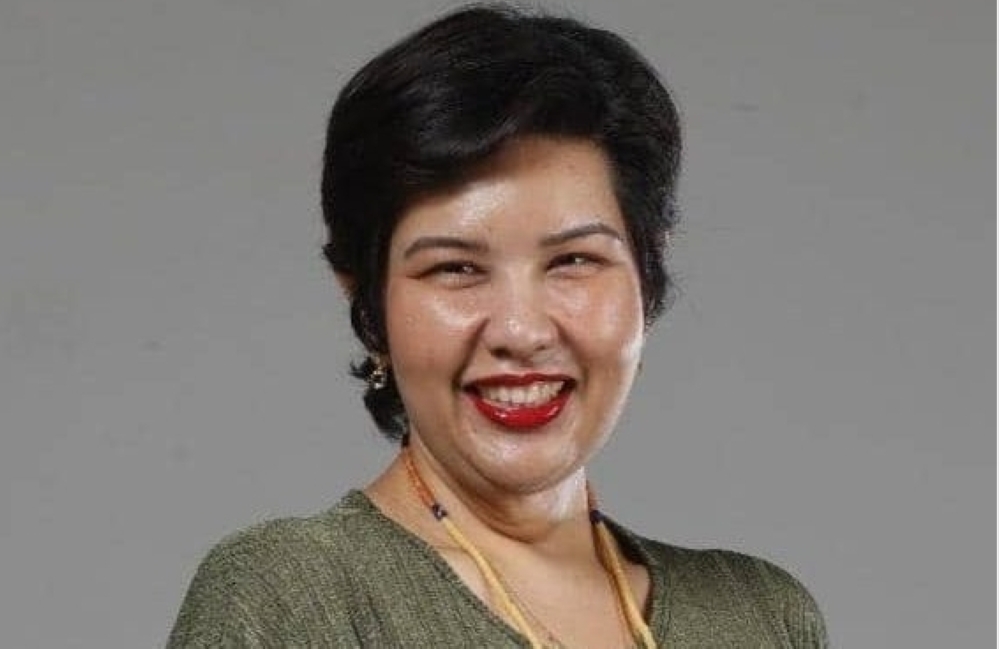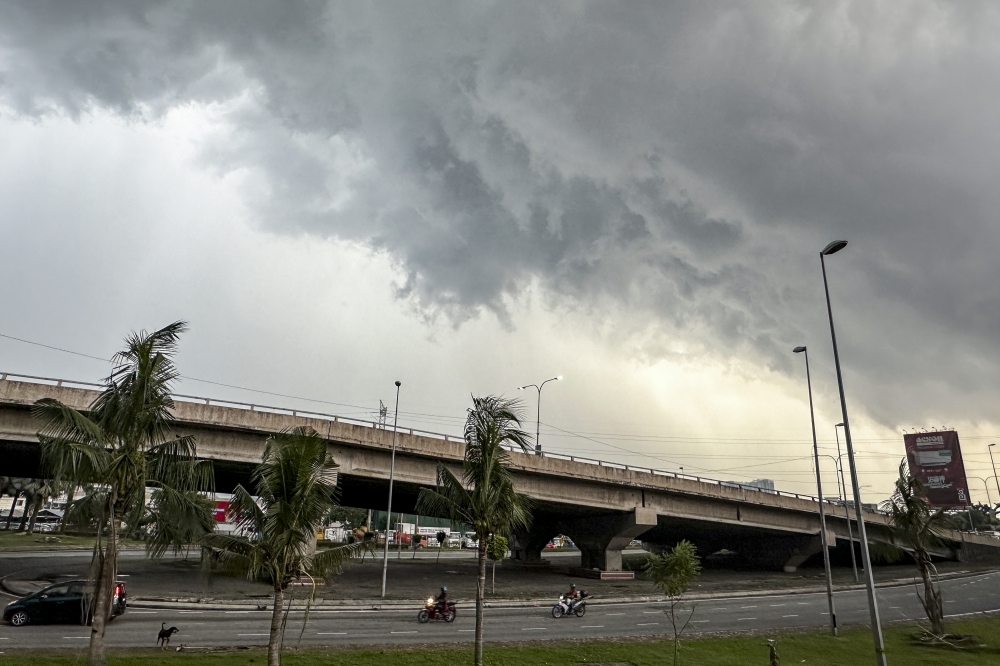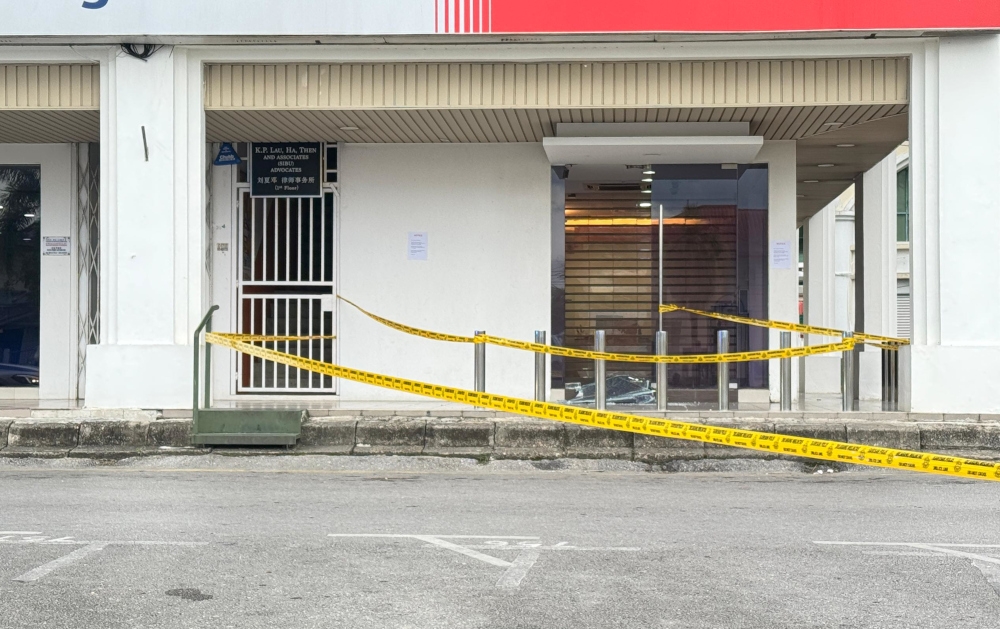KUCHING, April 17 — Dr Vilashini Somiah, a Sabah-born senior lecturer at the Gender Studies Programme, Faculty of Arts and Social Sciences, Universiti Malaya (UM), has made history by becoming the first Southeast Asian-based scholar to be elected Chair of the Southeast Asia Council (SEAC) under the Association for Asian Studies (AAS).
Vilashini, who is already serving on SEAC this year, has been appointed chair of the council for the term March 2026 to March 2028.
In this leadership role, she will also sit on the board of directors of the AAS, the world’s largest academic organisation dedicated to the study of Asia.
This landmark achievement not only marks a significant milestone for Universiti Malaya but also for Malaysia as a whole, positioning the country within the highest levels of academic governance in Asian Studies.
Vilashini is the first South-east Asian scholar based in the region to chair SEAC since its founding in 1970.
When contacted by The Borneo Post today, Vilashini expressed her gratitude and reflected on the meaning of the appointment.
“I’m deeply honoured and grateful for the support I’ve received from peers and fellow scholars, both locally and internationally, even just for being elected to the council,” she said.
“The decision to appoint me as chair came after the council member election results, and to be honest, I initially felt apprehensive about living up to the legacy of the previous SEAC chairs. But I’ve come to realise that this role is not just about personal achievement — it represents something greater for the many brilliant scholars in South-east Asia, particularly those of South-east Asian descent.
“I hope this opens the door for more scholars in Malaysia and across the region to be given similar opportunities,” she added.
In a statement, AAS said: “The AAS is proud to include Universiti Malaya representation on the board of directors. This milestone offers the university greater visibility in the global academic community focused on Asia.”
Established in 1941, AAS plays a leading role in fostering scholarly exchange and advancing the field of Asian Studies.
Its board of directors comprises elected representatives from its four Area Councils—China and Inner Asia, Northeast Asia, South Asia, and South-east Asia — alongside executive leadership.
Vilashini brings nearly 15 years of anthropological research experience to the council, with a focus on gender and the marginalisation of migrants and indigenous communities in Sabah, Sarawak, and other parts of Borneo.
Her growing international profile includes appointments as an Asean-Australia Visiting Fellow in 2018, a Visiting Fellow at the London School of Economics’ Saw Swee Hock Southeast Asia Centre in 2024, and most recently, an Associate at the Harvard University Asia Centre for 2025–2026.
Her association with Harvard began after delivering a public lecture there earlier this year.
Her appointment signals a growing global recognition of Malaysian scholars’ contributions to the field of Asian Studies and opens new avenues for academic leadership from South-east Asia. — The Borneo Post




